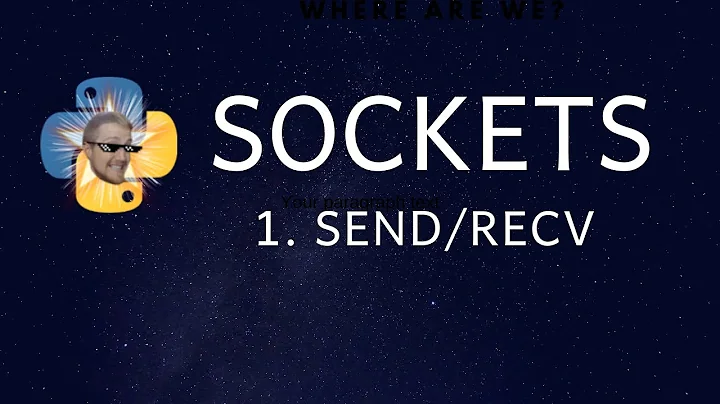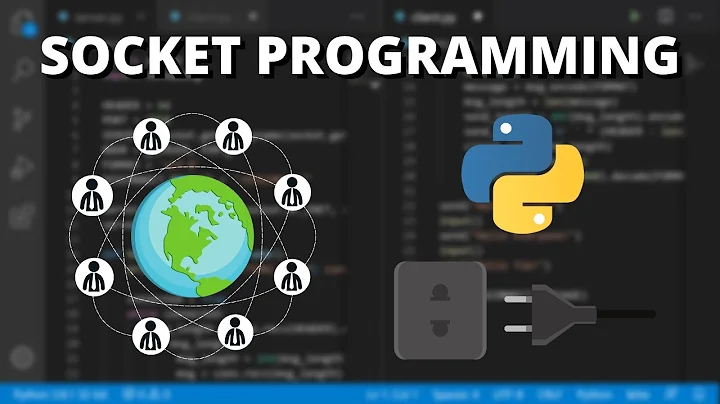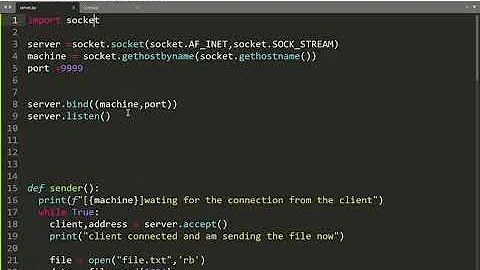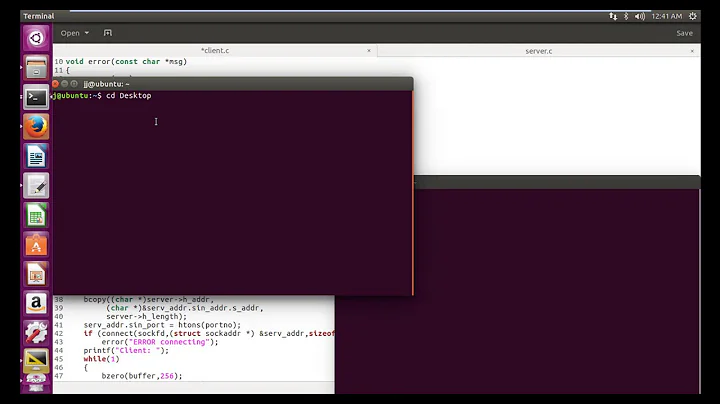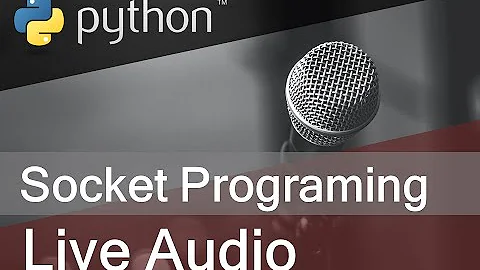"available" of DataInputStream from Socket
Solution 1
Putting a PushbackInputStream in between allows you to read some bytes without corrupting the data.
EDIT: Untested code example below. This is from memory.
static class MyWrapper extends PushbackInputStream {
MyWrapper(InputStream in) {
super(in);
}
@Override
public int available() throws IOException {
int b = super.read();
// do something specific?
super.unread(b);
return super.available();
}
}
public static void main(String... args) {
InputStream originalSocketStream = null;
DataInputStream dis = new DataInputStream(new MyWrapper(originalSocketStream));
}
Solution 2
This should work:
PushbackInputStream pbi = new PushbackInputStream(socketChannel.socket().getInputStream(), 1);
int singleByte;
DataInputStream dis = new DataInputStream(pbi);
while((singleByte = pbi.read()) != -1) {
pbi.unread(singleByte);
SomeOtherClass.method(dis);
}
But please note that this code will behave different from the example with available (if availabe would work) because available does not block but read may block.
Solution 3
But
available()keeps returning 0, although there is readable data in the stream
If available() returns zero, either:
The input stream you are using doesn't support
available()and so it just returns zero. That isn't the case here, as you are using aDataInputStreamwrapped directly around the socket's input stream, and that configuration does supportavailable(), OR ...There is no readable data in the stream. That appears to be the case here. In fact the only possible way you can know there is readable data in the stream without actually reading it is to call
available()and get a positive result. There is no other way of telling.
There are few correct uses of availabe(), and this isn't one of them. Why should you fall out of that loop just because there isn't any data in the socket receive buffer? The only way you should get out of that loop is by getting an end of stream condition.
I should be reading first few bytes from stream to actually see if data is available to parse.
That doesn't even make sense. If you can read anything from the stream, there is data available, and if you can't, there isn't.
Just read, block, and react correctly to EOS, in its various manifestations.
Related videos on Youtube
Comments
-
uahakan almost 2 years
I have this code on the client side :
DataInputStream dis = new DataInputStream(socketChannel.socket().getInputStream()); while(dis.available()){ SomeOtherClass.method(dis); }But
available()keeps returning0, although there is readable data in the stream. So after the actual data to be read is finished, empty data is passed to the other class to be read and this causes corruption.After a little search; I found that
available()is not reliable when using with sockets, and that I should be reading first few bytes from stream to actually see if data is available to parse.But in my case; I have to pass the
DataInputStreamreference I get from the socket to some other class that I cannot change.Is it possible to read a few bytes from
DataInputStreamwithout corrupting it, or any other suggestions ? -
uahakan over 11 yearsWhat do you mean "in between" ? I also tried PushBackInputStream but I wonder is it possible to share same InputStream I get from Socket with DataInputStream and PushBackInputStream ? I would be grateful if you provide a code snippet...
-
Eero Aaltonen over 11 yearsI think it should work like that, but it's a long time since I actually used PushbackInputStream.
-
Markus Kreusch over 11 yearswell your code sample is definitely better... thought it would not follow cause your post was already some minutes old and posted mine.. voted up your answer
